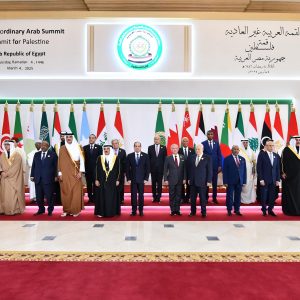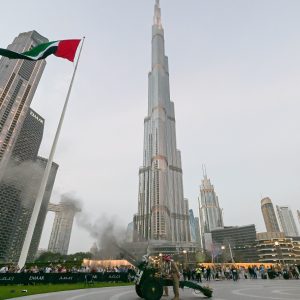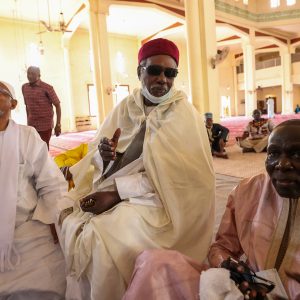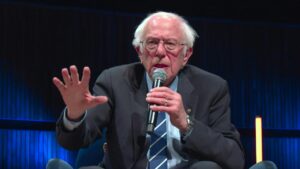South Africa will win order in ICJ case with ‘very significant consequences for Israel’: Veteran lawyer
ISTANBUL (AA) – A seasoned lawyer renowned for his success in genocide cases at the UN’s International Court of Justice (ICJ) sees a high possibility of South Africa winning its case against Israel, an outcome he believes will entail serious consequences.
The ICJ, the UN’s top court also known as the World Court, will start hearings this Thursday in The Hague on a case filed by South Africa accusing Israel of genocide, in violation of the 1948 Genocide Convention.
The convention defines genocide as “acts committed with intent to destroy, in whole or in part, a national, ethnical, racial or religious group.”
The 84-page suit also asks the ICJ for urgent steps to stop Israel from committing more crimes in Gaza, where its relentless bombardment since October 7 has killed more than 23,000 civilians, an overwhelming majority of them women and children.
“I have read all of the pleadings by South Africa … and my analysis, based on my knowledge, judgment and experience, is that South Africa will win a cease-and-desist order against Israel for genocide against the Palestinians,” international human rights lawyer Francis Boyle said in a video interview.
Boyle, who won two requests at the ICJ in 1993 under the Genocide Convention for the Republic of Bosnia and Herzegovina against Yugoslavia, said South Africa has a team of “first-rate international lawyers” for the case.
“From the documents I’ve read, they know exactly what they’re doing. Again, that is why I believe they will win a victory,” he said, adding that he expects an order to be issued within about a week.
Such an order “could have very significant consequences for Israel,” said Boyle, as he laid out various scenarios, from South Africa going to the UN Security Council (UNSC) for enforcement of the order to Israel’s possible suspension from UN bodies and even potential economic sanctions.
“At that point, the entire world will know that Israel is inflicting genocide against the Palestinians,” he said.
“And under Article 1 (of the Genocide Convention), they will have an obligation ‘to prevent’ the genocide against the Palestinians.”
South Africa will then take it to the UNSC for enforcement, where it could face some hurdles, particularly from Israel’s powerful allies, he said.
“It appears so far that the United States government would exercise a veto power to prevent the Security Council from enforcing the order, which it’s supposed to do under the terms of the United Nations Charter,” said Boyle.
– UN organs: Suspension, admission, sanctions –
In case of a US veto in the Security Council, South Africa can take the order to the UN General Assembly (UNGA) for enforcement under the “Uniting for Peace” resolution, he explained.
Boyle was referring to UN Resolution 377 A (V), called Uniting for Peace, passed in 1950 with the aim of addressing situations where the UN “fails to exercise its primary responsibility for the maintenance of international peace and security” because of a Security Council deadlock.
It states that “the General Assembly may also take action if the Security Council fails to act, owing to the negative vote of a Permanent Member, in a case where there appears to be a threat to, or breach of peace, or an act of aggression.”
In such a scenario, the UNGA “could suspend Israel from participation in United Nations activities, exactly like the General Assembly suspended the criminal apartheid regime in South Africa at that time, and the genocidal Yugoslavia from participation in the United Nations Organization,” said Boyle.
Another possibility is the UNGA admitting Palestine as a full-fledged UN member state, he continued.
“Right now, Palestine is a UN observer state like Switzerland, but the votes are there for it to be admitted as a full-fledged UN member state,” he said.
“Historically, no UN member state has ever been destroyed. And that’s exactly what the Zionists want to do to the Palestinians, destroy them. So, UN membership, I think, would protect them.”
The General Assembly could also decide to set up an International Criminal Tribunal for Israel “as a subsidiary organ under UN Charter Article 22,” said Boyle.
“The General Assembly can recommend comprehensive economic sanctions against Israel,” said Boyle.











